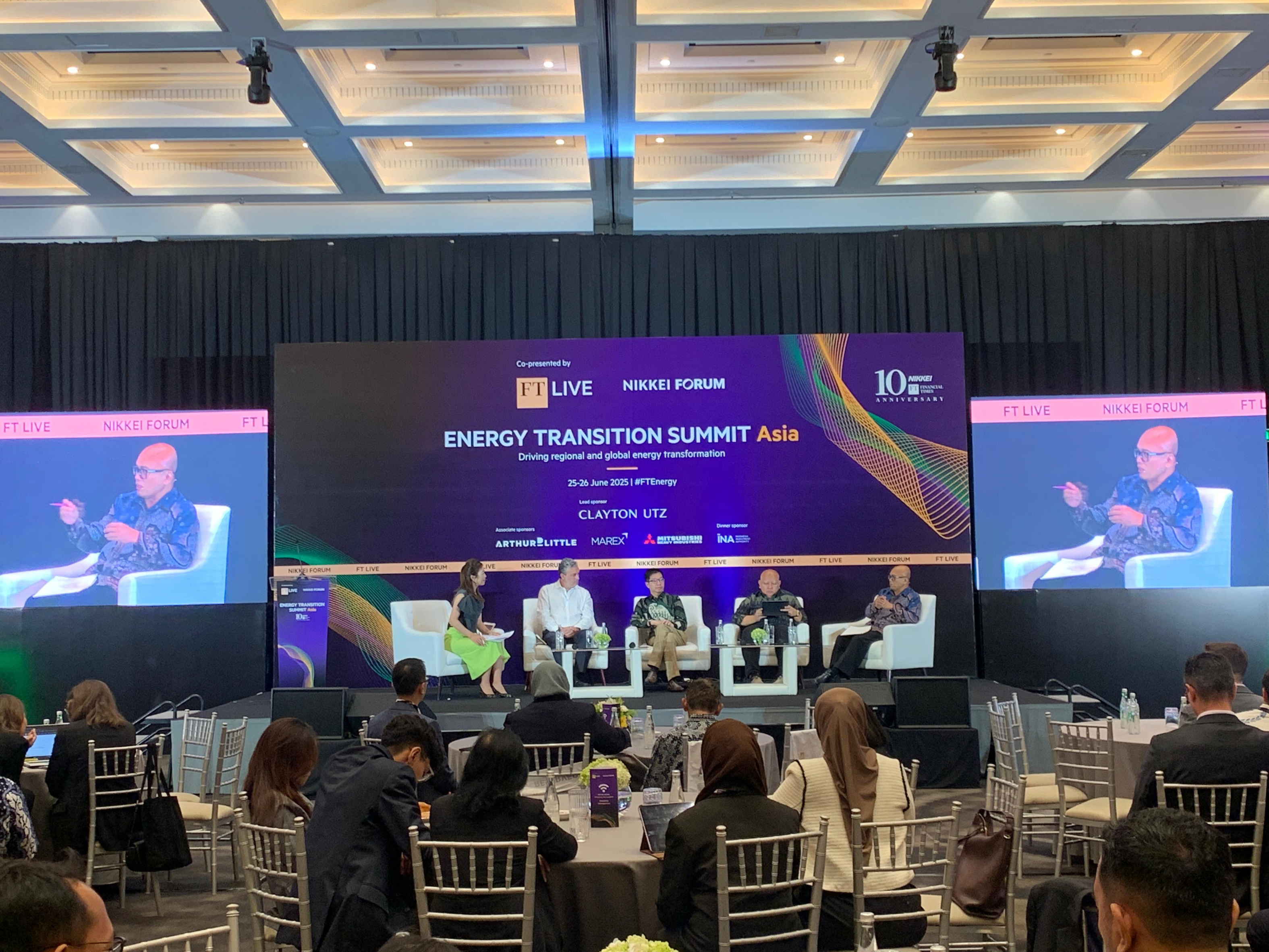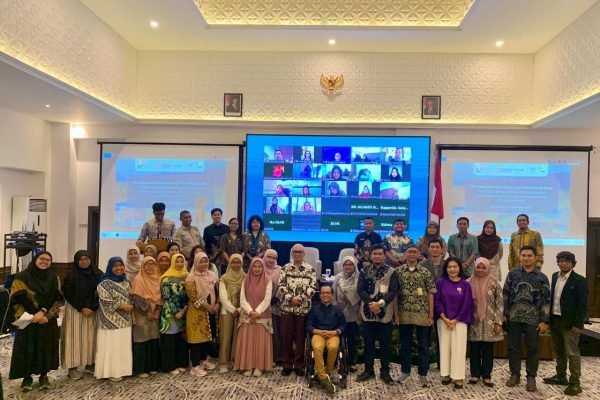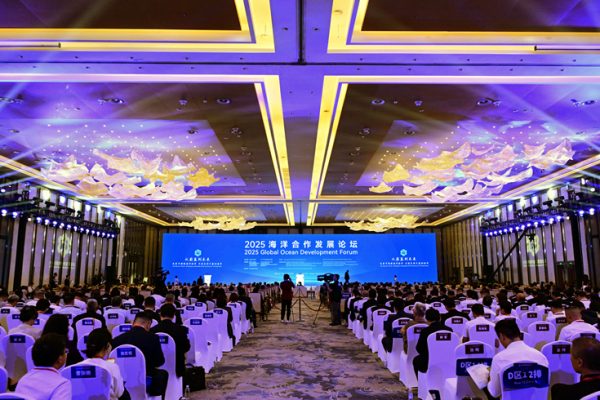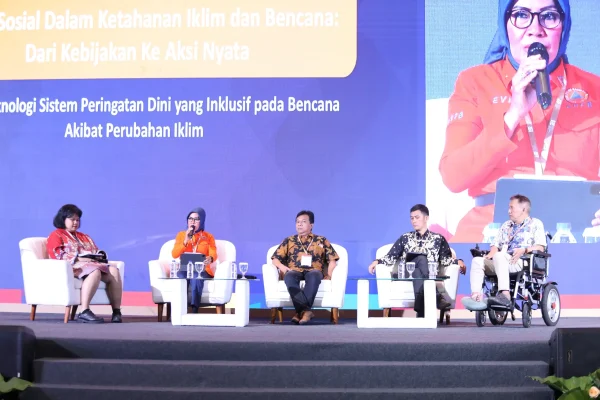Around 500 participants, both in-person and online, joined the Energy Transition Summit Asia last 25-26 June 2025 in Jakarta.
Jakarta served as the nexus of Asia’s energy conversation as the Financial Times and Nikkei hosted by the Energy Transition Summit Asia 2025 last 25–26 June at The Langham, Jakarta.
The summit convened over 500 international participants—both in person and online—including industry leaders, investors, government officials, energy associations, and energy experts. With regional urgency growing, the event focused on developing practical, forward-looking pathways for Southeast Asia to build a competitive and sustainable energy future.
As a supporting partner, ICLEI – Local Governments for Sustainability Indonesia took part in a high-level dialogue, with Country Manager Arif Wibowo joining the panel discussion on ASEAN collaboration on energy transition on the second day. The session explored cross-country initiatives and signaled the growth potential of carbon markets in accelerating regional cooperation and climate action.
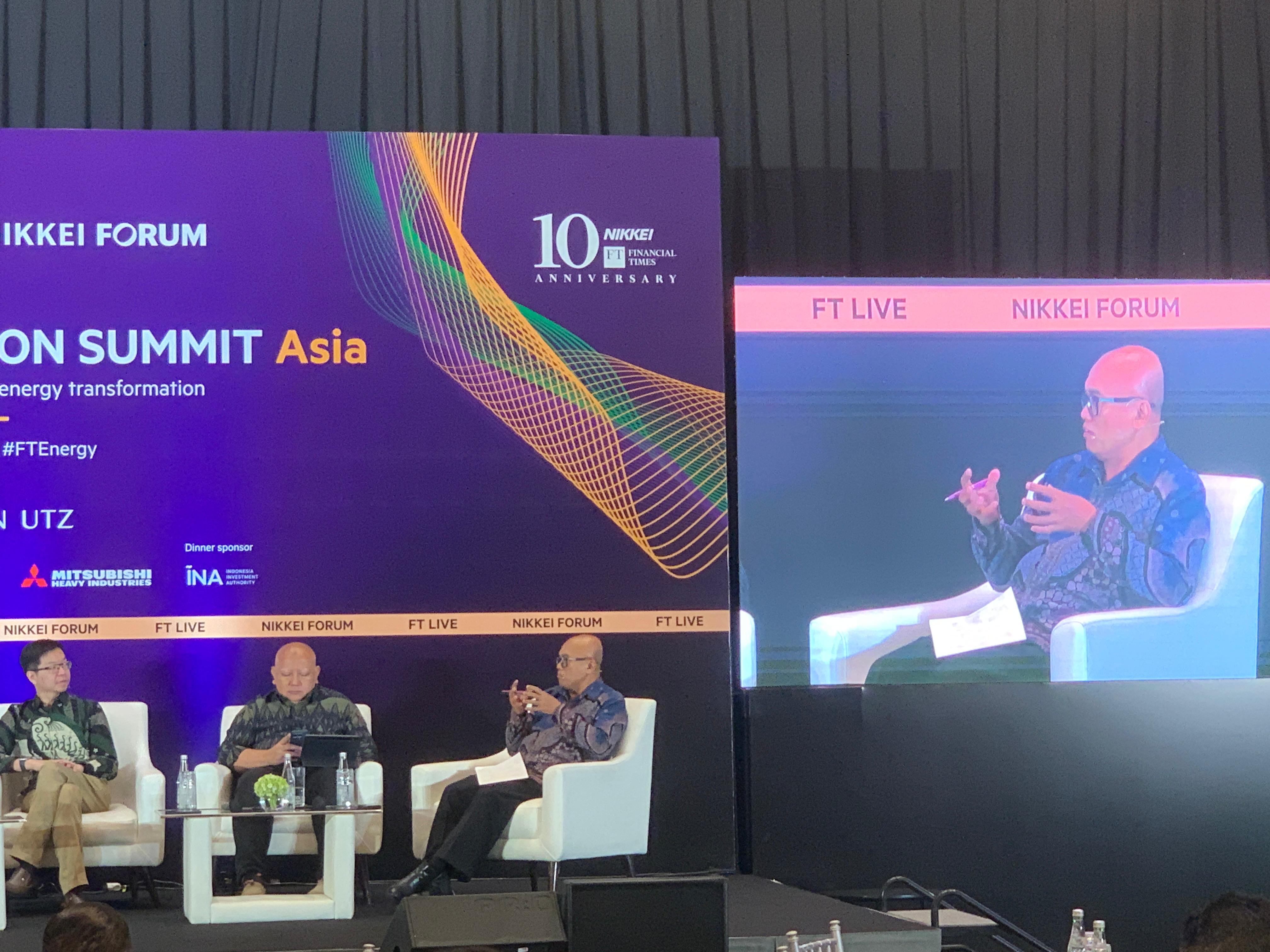
Arif Wibowo, Country Manager of ICLEI Indonesia, joins a panel discussion on ASEAN energy transition on 26 June 2025.
During the panel, Wibowo addressed the need for multi-level governance, highlighting the role of sub-national contributions in climate goals. He shared a case study on identifying a carbon-financed project in Yogyakarta City’s waste sector.
According to ASEAN reports, Southeast Asia, one of the world’s most economically dynamic regions, remains highly dependent on coal imports. IEA reports that scaling up clean energy investments is crucial for the region to reduce emissions, as Southeast Asia attracts only 2% of global clean energy investment despite accounting for 6% of global GDP, 5% of global energy demand, and being home to 9% of the world’s population.
As reported by Jakarta Post, the summit is also set to a backdrop of the JETP mobilizing US$20 billion in public and private financing, with Indonesia poised to transform its power sector by aiming to limit emissions at 290 million tonnes by 2030 and achieve net-zero emissions by 2050.
Eniya Listiani Dewi, director general of new, renewable energy and energy conservation at the Energy and Mineral Resources Ministry and Paul Butarbutar, acting head of the Just Energy Transition Partnership (JETP) Secretariat are among the key speakers to address the challenges and opportunities presented by the JETP, exploring how to unlock financial resources, prepare for grid electrification, and close renewable energy gaps.
In another panel, the summit discussed tensions between economic growth and environmental responsibility in Indonesia, focusing on coal transition, mining emissions, and liquefied natural gas reliance. The nickel industry, for instance—crucial to EV batteries—was noted as vital to electrification yet still highly carbon-intensive due to coal use.
Learn more and watch the replay HERE.

